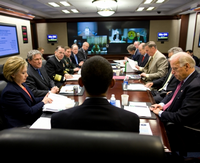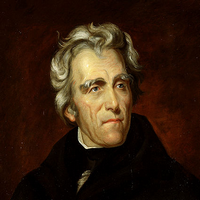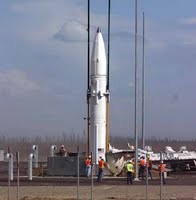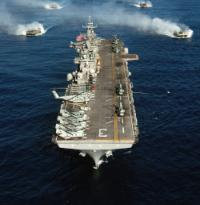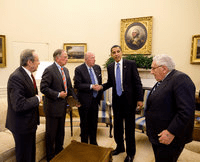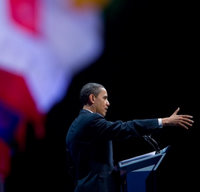
On Sept. 12, after months of negotiations, the Basel Committee on Banking Supervision, a historically low-profile international institution, announced that its participants had agreed to new international minimum capital standards for banks. Scheduled to be phased in carefully over the next eight years, the new agreement — informally referred to as Basel III — represents the most significant set of international financial regulations to emerge since the onset of the global financial crisis. Yet, to succeed, Basel III depends entirely on national governments voluntarily following through on implementing and maintaining the new standards. As a result, distributional consequences across countries […]



